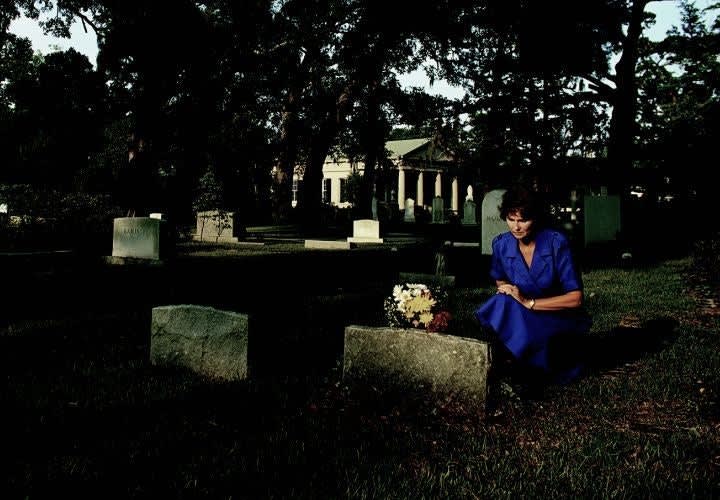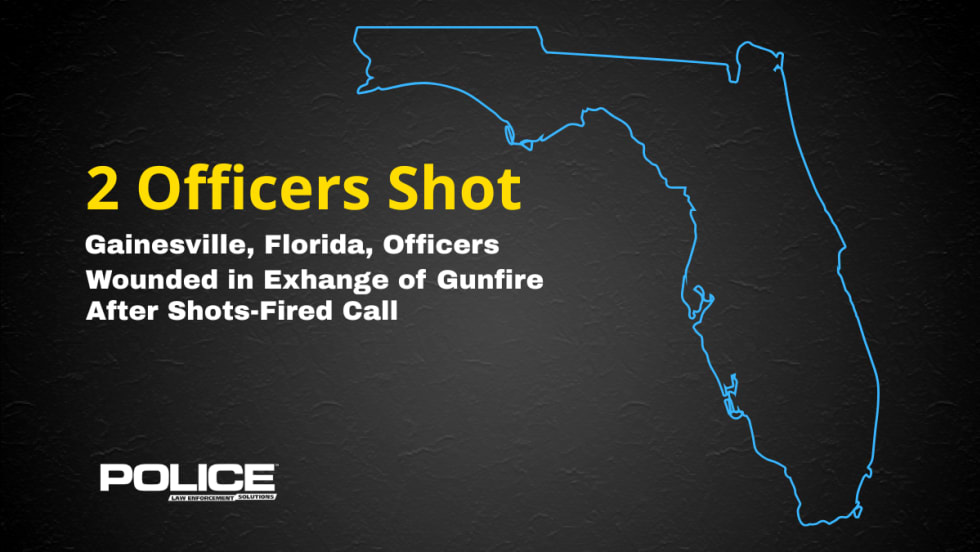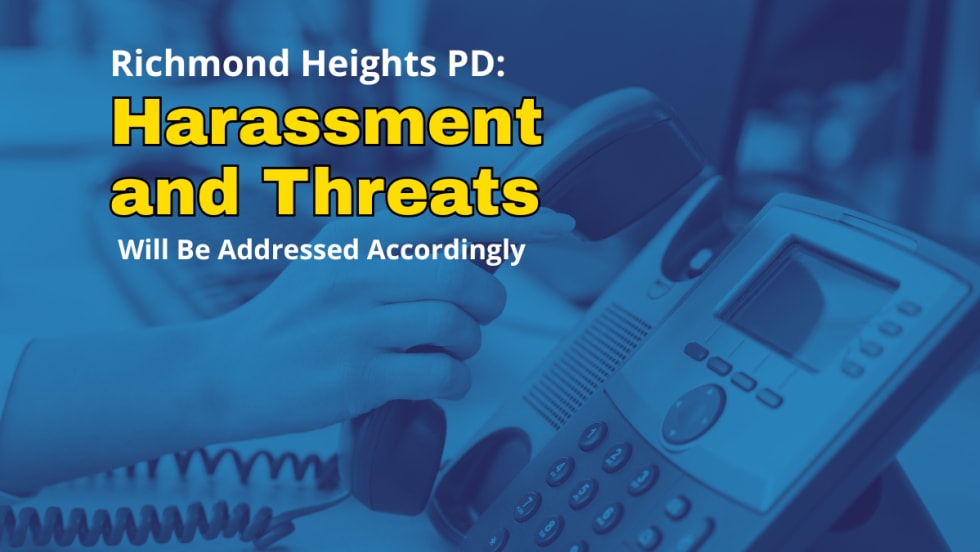"If anybody would come up behind me and speak too loudly, I'd just jump," she says. "And that was bad. I live in the country so I had to hear guns going off during hunting season. It would just be a flashback, and that was real hard. You never really get over it."
White says that if an officer has killed himself in the home, a family often feels like their house is "violated." In fact, the homes are so "tainted" that some people end up selling them to avoid the memory of the event.
It took Maria Holcomb a year to be able to sleep in the bedroom she had shared with her husband, which was where he died. She preferred to sleep on the couch.
"The cleanup involved in something like this is nasty," says White. "I hate to be graphic, but blood is very hard to get out of things."
It's been more than six years since her husband died, and Gentry can now talk about him and the event of his death, but it took her a long time to get to that point.













